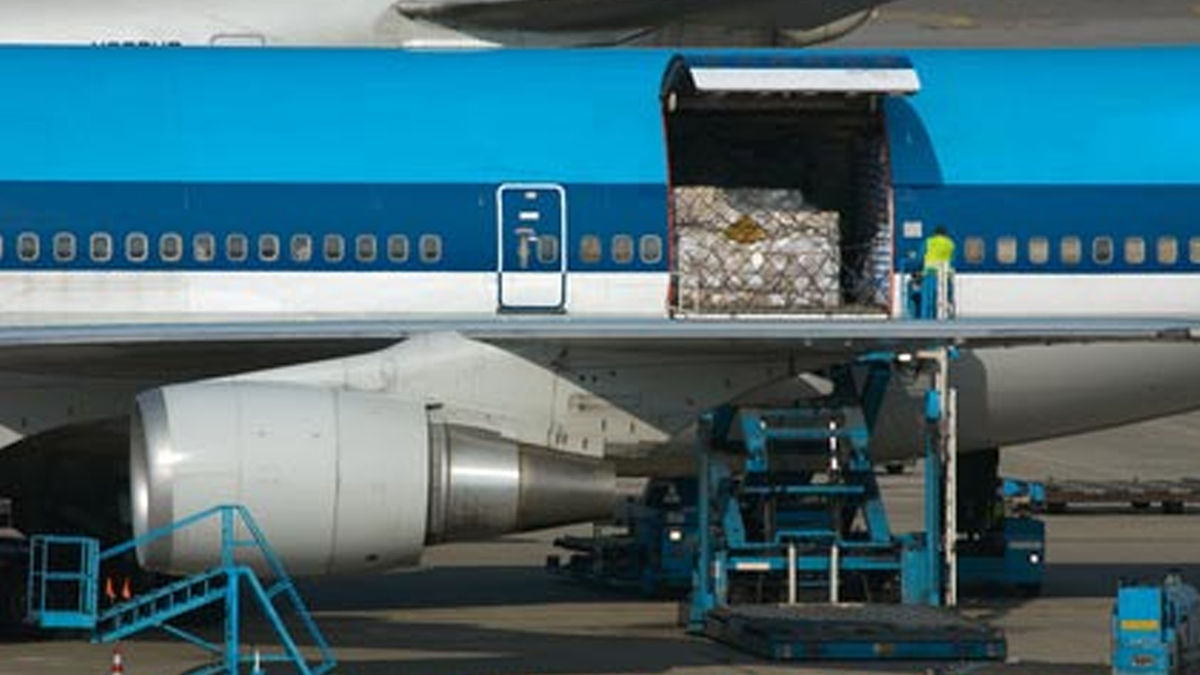On: February 6, 2023 By: David Noah
Buying Export Documentation Software: What to Consider
In this article, we’ll look at different ways for exporters to complete export documentation—manually through templates and documents, or through various types of software—and which method is best for small businesses, midsize businesses and larger companies.

![International Trade Briefing: February 2023 [Video]](png/february%202023%20(2).png)






